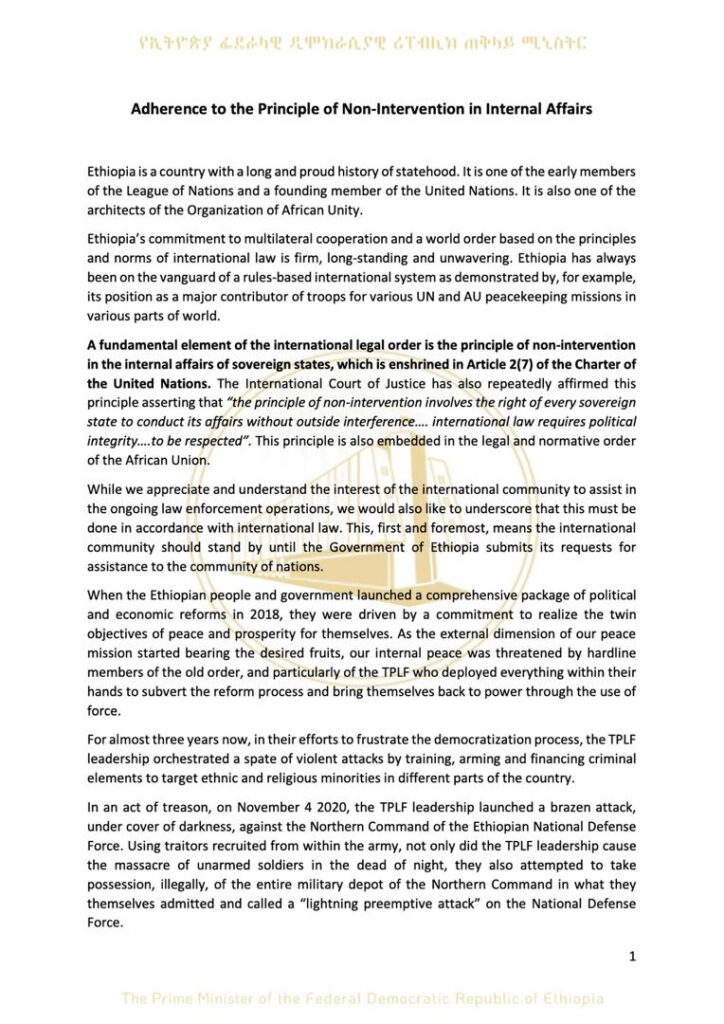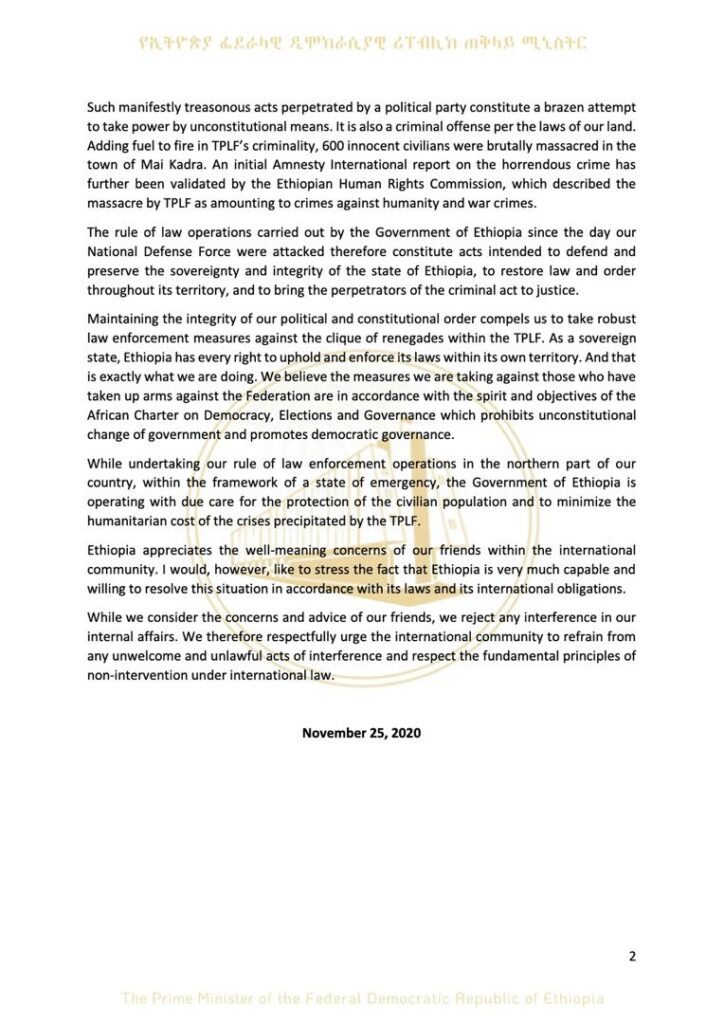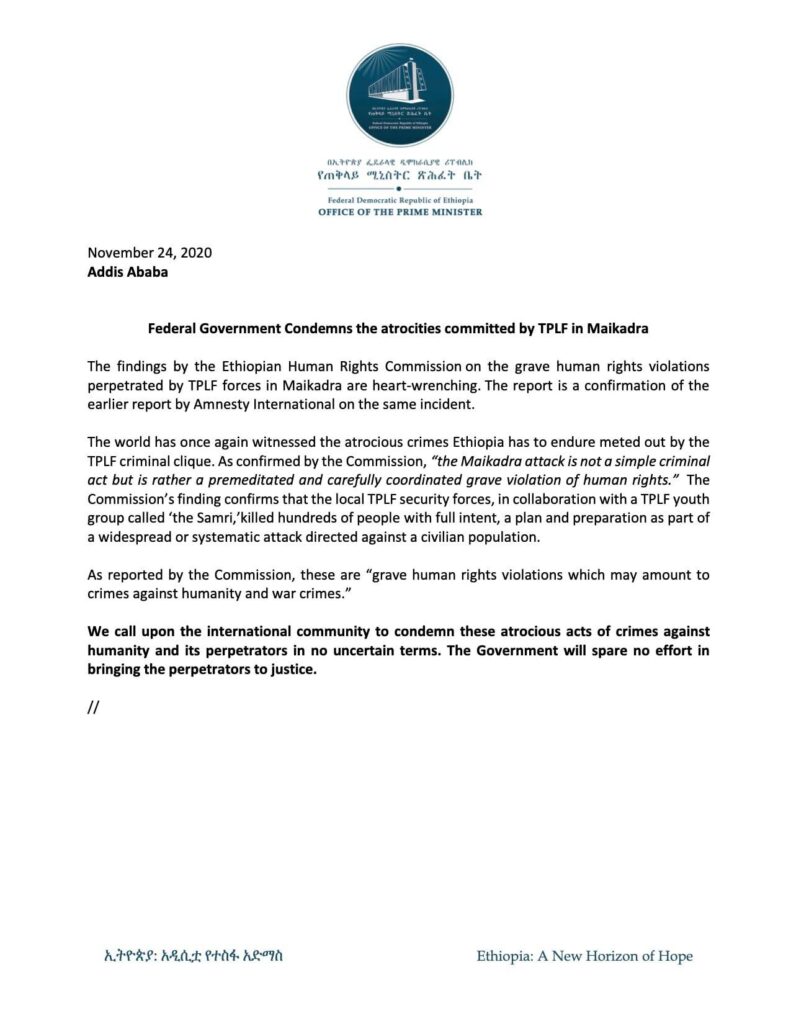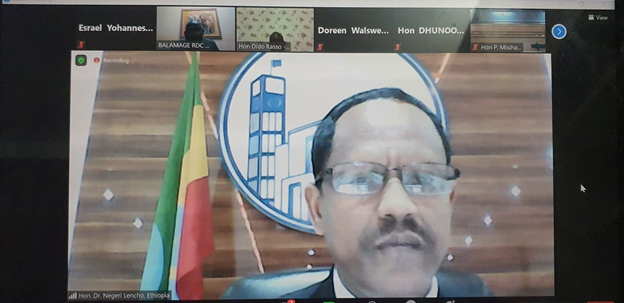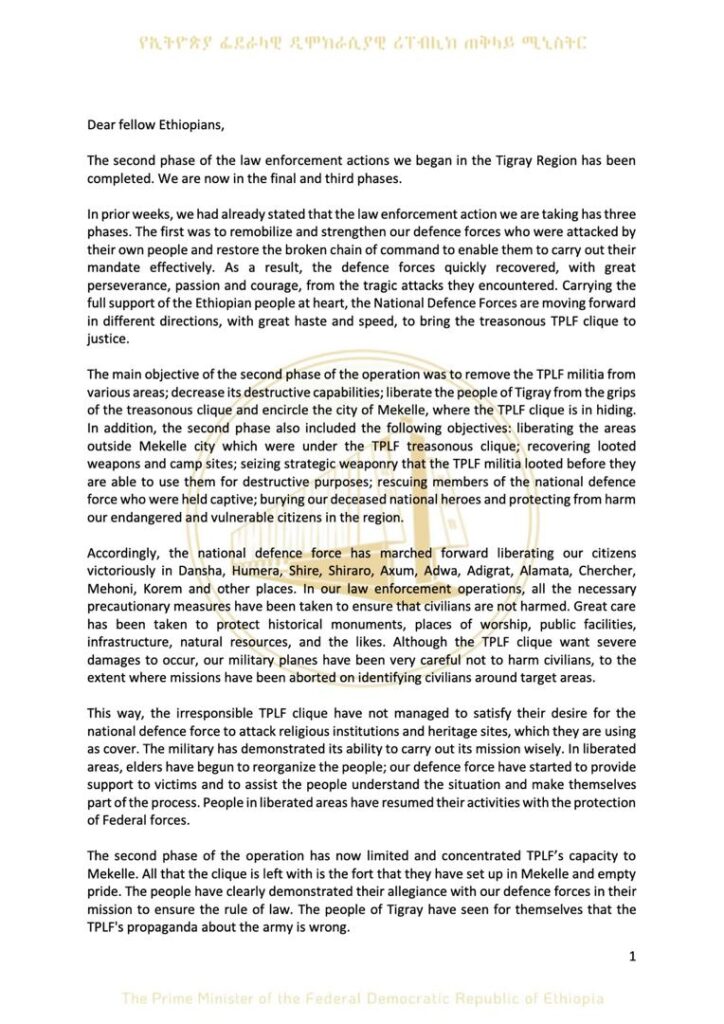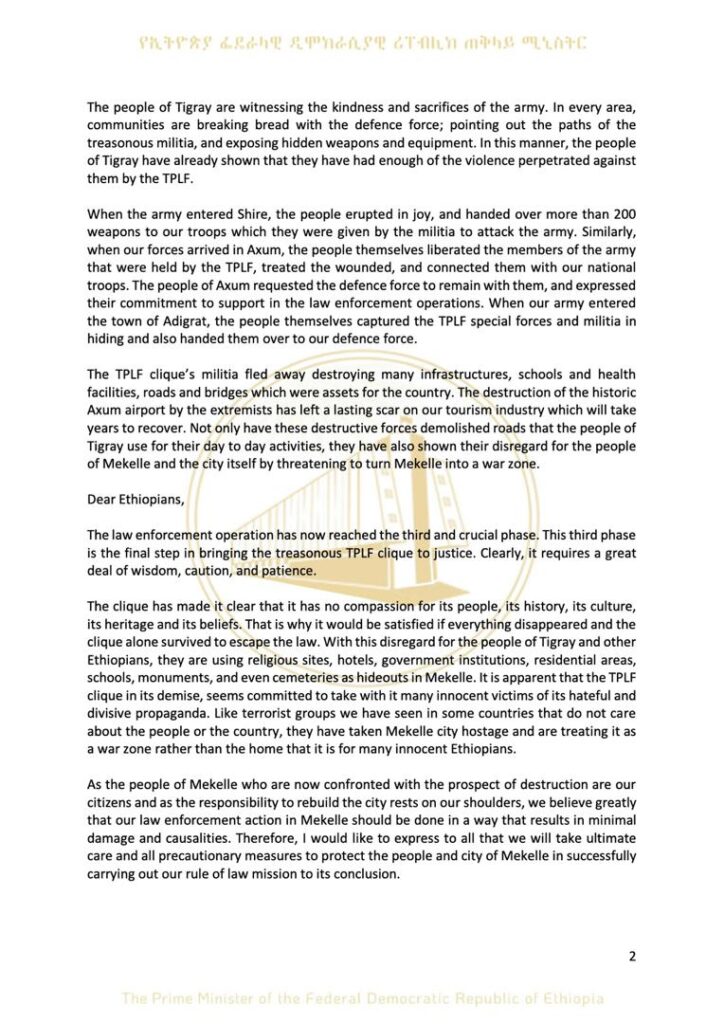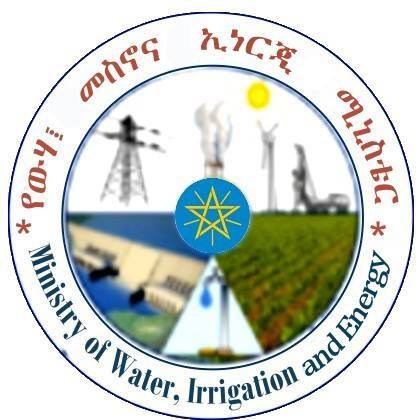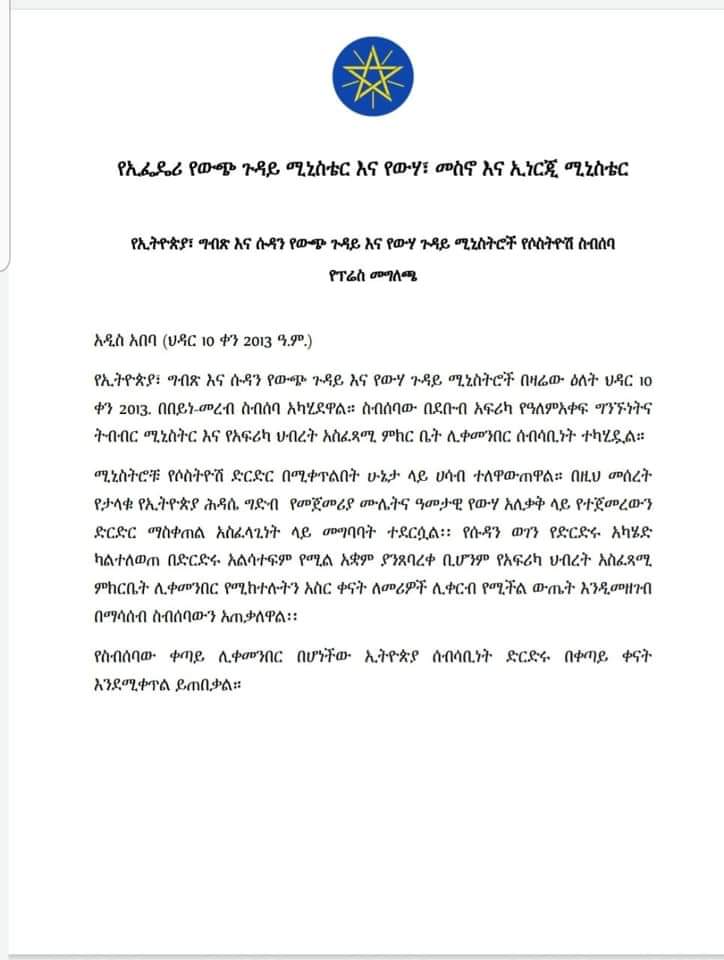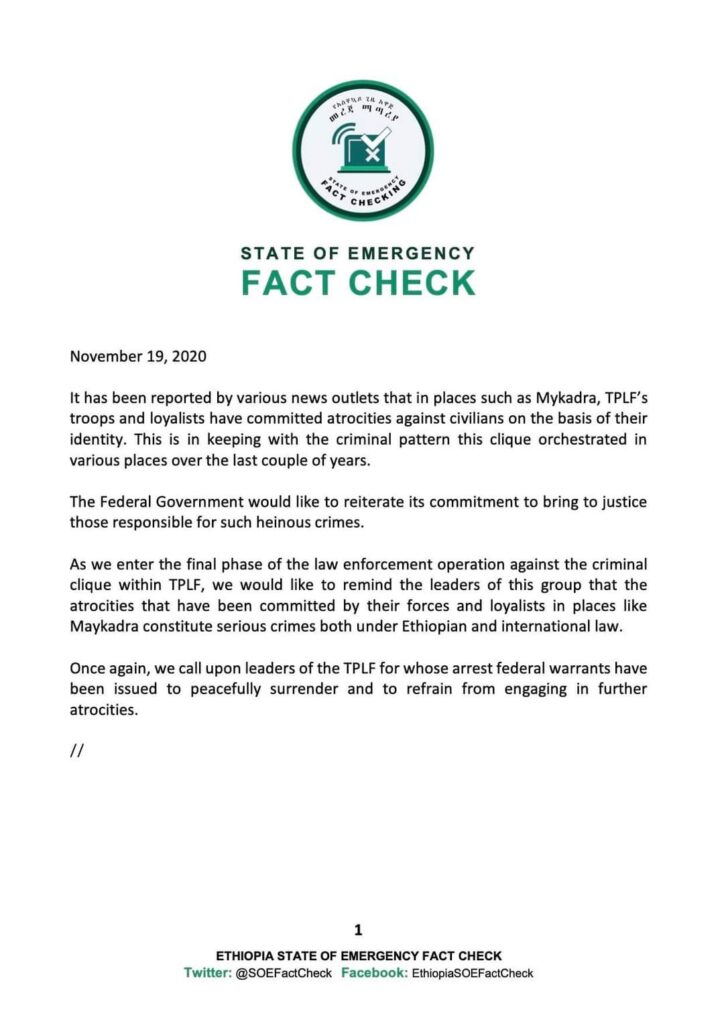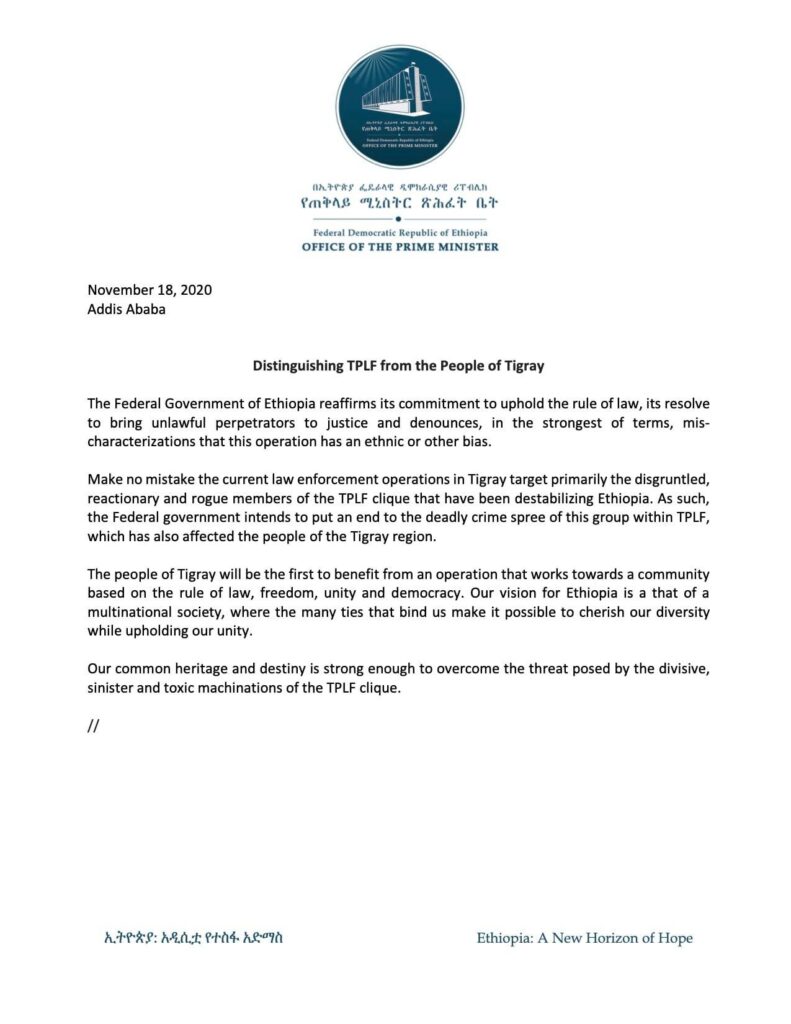https://www.brusselstimes.com/news/eu-affairs/143059/ethiopia-on-the-right-path-to-reform-and-democratization/
embassy news
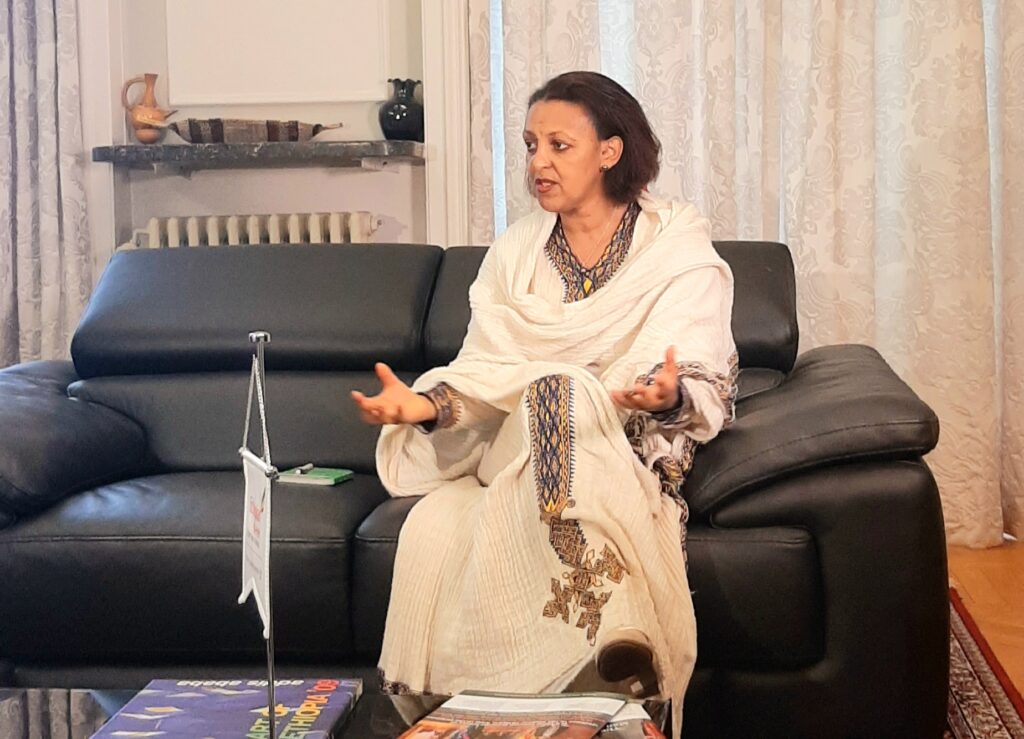
https://www.brusselstimes.com/news/eu-affairs/143059/ethiopia-on-the-right-path-to-reform-and-democratization/
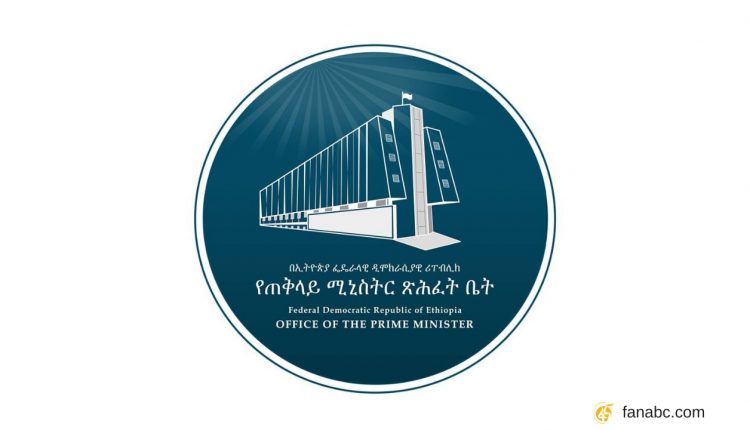
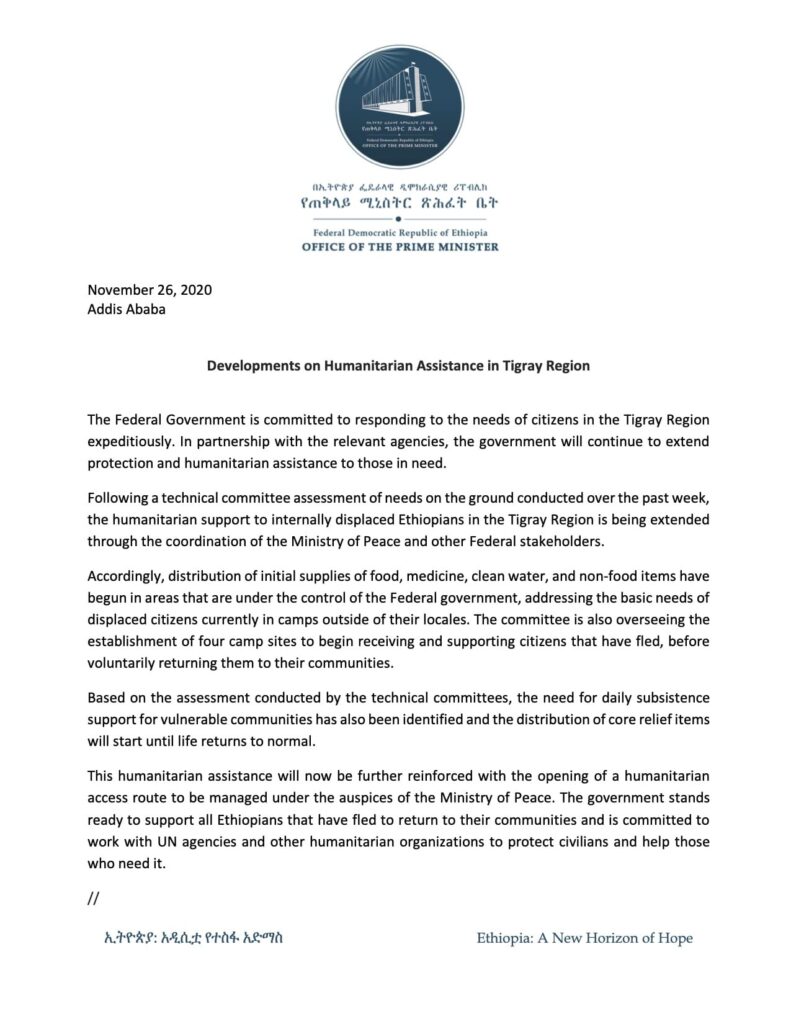
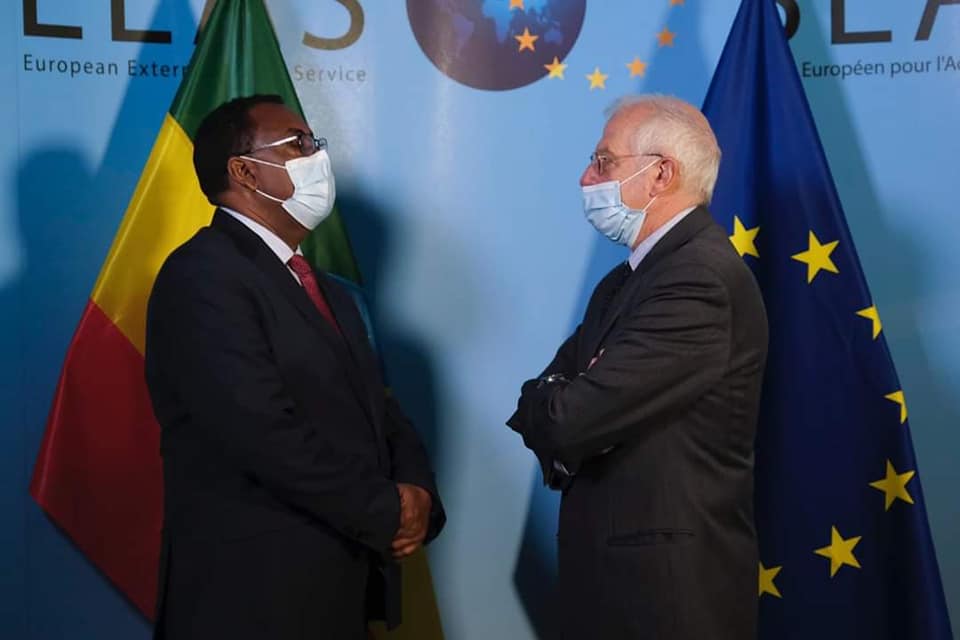
HE Mr. Demeke Mekonnen, Deputy Prime Minister and Minister of Foreign Affairs of the Federal Democratic Republic of Ethiopia met with High Representative of the EU for Foreign Affairs and Security Policy and Vice-President of EU Commission, Joseph Borrell on 24 November 2020 and Commissioner Janez Lenarčič the European Commissioner for Crisis Management on 25 November 2020.
H.E. the Deputy Prime Minister and Minister of Foreign Affairs briefed the High Representative and Commissioner on the current situations in Tigray recounting the chain of events that led up to the on-going law enforcement measures that are being undertaken by the Federal Government in the region.
HE Mr. Demeke Mekonnon said the international community, particularly the EU needs to understand the context in which the Federal Government have been led to take measures against the TPLF junta emphasizing the need to uphold law and order and ensure sustainable peace and stability in the country which partners such as the EU have been investing in since the reform began three years ago.
TPLF leaders and their cliques have been running amok looting the country, instigating ethnic conflicts.
Moreover, egoistically the TPLF Junta later attacked the Ethiopian National Defense Forces on 3 November 2020 compromising the constitutional order and the sovereignty of the state as well as in the process undermining the hard-fought gains achieved, said the Minister.
HE Mr. Demeke Mekonnen added that the Federal Government had been criticized by the public for not taking measures against the TPLF leaders and their cliques for the manner which they had been involved in the criminal activities mentioned above but chose to exhibit patience opening up all peaceful avenues for the group to redeem themselves and benefit from the new political dispensation the country was ushering in.
The Deputy Prime Minister and Foreign Minister also said that the Government had made abundantly clear from the beginning when the law enforcement measures were launched against the TPLF junta that law and order should fully be restored in the region and perpetrators who have committed heinous crimes against the National Defense Forces should be brought to justice.
Regarding the humanitarian situation, the safety of civilians and fulfilling the humanitarian needs have been the Government’s utmost priority and is working with different UN agencies on the ground to address those needs by international humanitarian law obligations, said the Minister. He appreciated the support mobilized by the EU for the humanitarian situation in Ethiopia and particularly for mobilizing additional resources for Ethiopian refugees in the Sudan.
Commissioner Janez Lenarčič assured the DPM that the EU has not the intention to intervene in the internal affairs of the country but to provide humanitarian assistance to the needy ones.
The Deputy Prime Minister and Minister of Foreign Affairs also added now that the law enforcement measure is in its final stage, the people of Tigray will soon be liberated from TPLF criminals and the Ethiopian people will continue to expedite their march towards bringing the reforms to fruition.




